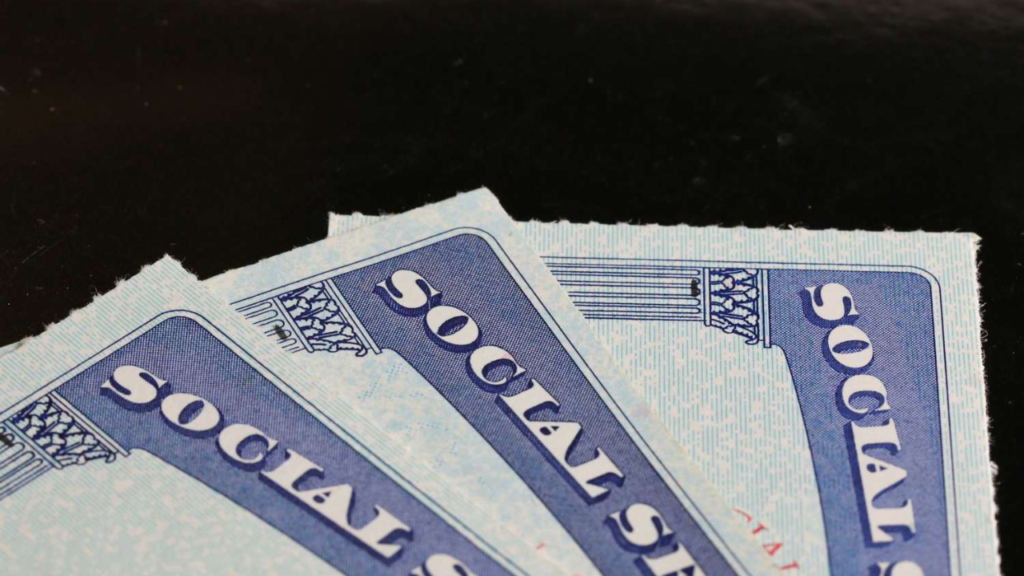If you’re in your late 50s or early 60s, you’ve probably started thinking about when to claim Social Security.
Choosing the right time to apply can impact both your current lifestyle and your long-term financial security, so it’s important to weigh your options carefully.
One major factor is whether you plan to claim benefits while you’re still working. There are both advantages and disadvantages to doing this, so understanding both sides can help you make an informed decision.
Two Benefits of Claiming Social Security While Working
1. Better Financial Stability Now
Combining your paycheck with Social Security benefits can boost your overall income, helping you enjoy a more comfortable lifestyle.
This can make it easier to spend without depleting your retirement savings too quickly.
2. Potential Increase in Future Benefits
Social Security benefits are calculated based on your 35 highest-earning years. If you keep working and earn more than you did in some earlier years, your future benefit amount may increase.
Even if you’ve already claimed Social Security, the administration can adjust your payments upward to reflect your new earnings.
Three Drawbacks of Claiming Social Security While Working

Reduced Monthly Benefits if Claimed Early
If you claim Social Security before your full retirement age (FRA) — which is 67 for most people — your monthly payments will be permanently reduced.
Claiming at 62 could lower your benefits by up to 30%. If you can manage your work income alone, delaying Social Security may allow you to receive higher payments later.
Higher Risk of Social Security Taxes
Social Security benefits may be taxed if your provisional income exceeds certain limits — $34,000 for individuals or $44,000 for couples.
Since wages increase your taxable income, claiming benefits while working could push you into this tax range. Waiting until you retire may help you avoid these taxes.
Potential Benefit Reductions Due to the Earnings Test
If you claim Social Security before reaching your FRA and continue working, you may lose $1 for every $2 earned over $23,400 in 2025.
For those reaching FRA in the same year, the threshold rises to $62,160, and you’ll lose $1 for every $3 earned above that. While these withheld benefits are restored later, they can temporarily reduce your cash flow.
Deciding when to claim Social Security depends on your financial goals and comfort with these trade-offs.
If you’re okay with potential reductions and taxes, claiming early while working could provide helpful extra income.
But if you’re worried about losing benefits or facing higher taxes, waiting until you retire may be a better choice.
Disclaimer- Our team has thoroughly fact-checked this article to ensure its accuracy and maintain its credibility. We are committed to providing honest and reliable content for our readers.

